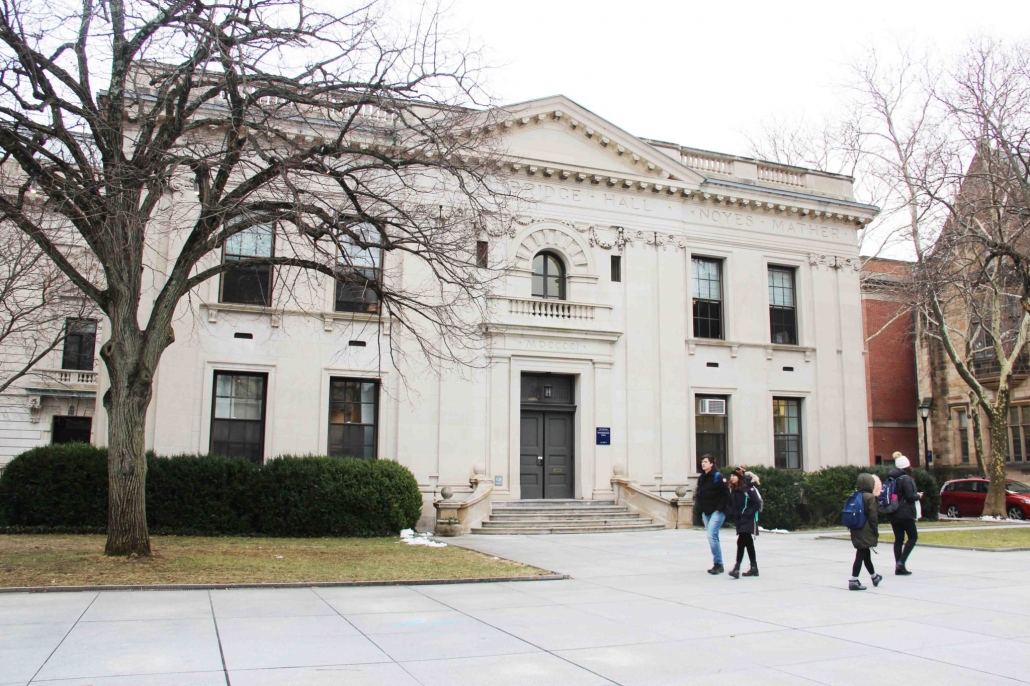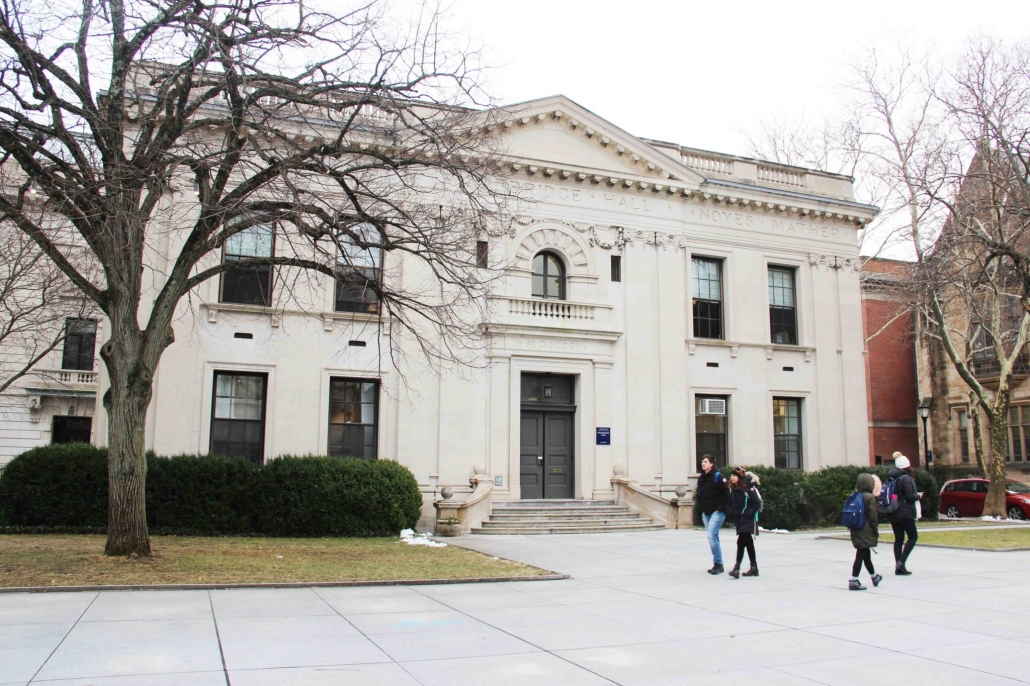Texas endowment surpasses Yale’s
https://yaledailynews.com/blog/2019/01/24/texas-endowment-surpasses-yales/
Texas endowment surpasses Yale’s
By Lorenzo Arvanitis – Jan. 24th, 2019

Yale no longer has the second largest endowment among institutions of higher education.
The University of Texas/Texas A&M Investment Management Company announced last month that the joint endowment it manages for two schools — University of Texas and Texas A&M University — surged to $30.9 billion, surpassing Yale’s $29.4 billion endowment during the 2018 fiscal year which ended on June 30. Texas’ high returns were largely buoyed by the mineral rights from land it controls in the Permian Basin — a stretch of land across western Texas that has recently become the world’s fastest growing oil-producing region due to advancements in hydraulic fracking. In the past 20 years, the state system’s endowment has edged out Yale’s twice — in 2002 and 2014.
“Yale and Texas’ endowments have been relatively close in size over the past decade, and though you cannot win every year, Yale’s Investments Office has done and continues to do phenomenal work,” said Roger Ibbotson, a hedge fund manager and School of Management professor of finance. “In the long run, I would bet on Yale performing better than Texas, ultimately because Texas is likely to get only so much from oil.”
The Texas system’s strong performance may recede in 2019, as the price of a barrel of oil has already tumbled by 40 percent from a high of $76 last October, Ibbotson told the News.
UTIMCO generated an unprecedented $1 billion in royalties from its mineral rights in 2018. In 2017 and 2016, UTIMCO accrued just $700 million and $500 million, respectively, from the mineral rights.
According to Charles Skorina, an investment executive recruiter, mineral rights to gas, oil and other natural resources are a common asset at Texas universities, given that buying them is a relatively low-risk way to invest in energy.
According to Yale’s Investments Office FY 2017 financial report, 7.9 percent of Yale’s endowment is invested in natural resources including oil, gas, timberland, metal and mining. Yale owns an undisclosed number of shares in Exxon Mobil Corp. as well as a direct $78 million stake in Antero Resources, a natural gas producer that operates in the Appalachian Basin. However, the University does not disclose whether it owns mineral rights to any land.
As universities around the country continue to profit from their fossil fuel holdings, student activists at Yale have renewed their efforts to push the University to divest from the industry. Just last month, 48 students received citations for staging a sit-in in the lobby of Yale’s Investments Office demanding that the University completely divest from fossil fuels.
Finance experts interviewed by the News said that Yale’s drop in rankings is not a cause for concern.
According to Skorina, Yale remains a “wealthier institution” than the Texas schools, given that Yale has roughly 13,000 enrolled students on one campus compared to UT and A&M, which have about 241,000 and 153,000 students, respectively. On an endowment per student basis, Yale remains second, trailing only Princeton.
According to the most recent UTIMCO financial report, the schools’ endowment was originally established in 1876 after receiving over 2.1 million acres of land across 24 counties in west Texas. According to Skorina, “the fruits of the land weren’t much at first,” but in the wake of advances in horizontal drilling and hydraulic fracking, the fund has racked in “pleasant sums” for the schools.
Andrew Lo ’80, a finance professor at the Massachusetts Institute of Technology, said that investments in fossil fuels can return large profits, but gyrations in oil prices and changes in technology contribute to the volatility of annual oil revenues.
“Oil has to be priced above a certain threshold for fracking to be profitable, which creates volatility as oil prices increase and decrease,” Lo said.
Harvard’s $39.2 billion endowment remains the leader among institutions of higher education.
Lorenzo Arvanitis | lorenzo.arvanitis@yale.edu.

